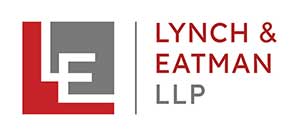Knowledgeable Representation for Your Real Estate Needs
At the law firm of Lynch & Eatman, L.L.P., our commercial real estate attorneys provide sophisticated advice and representation to developers, property owners, commercial tenants and other parties in the Triangle and throughout North Carolina.
Our lawyers have extensive experience working with a considerable range of commercial real estate projects, including mixed-use developments, malls, shopping centers, big-box stores, office properties, restaurant properties, condominiums, apartment buildings and hotels.
Providing Experienced Guidance for Commercial Real Estate Projects
For more than three decades, the attorneys at our firm have played a key role in the growth of our region’s commercial sector. Our firm is regularly called upon to provide clients with a wide range of commercial real estate services, including, but not limited to, the following:
- Assisting developers with the acquisition of undeveloped land and existing projects
- Helping developers obtain zoning and land use permits and variances
- Coordinating private equity, institutional and HUD financing for development projects
- Representing developers and tenants in the drafting and negotiation of commercial leases
- Advising property owners on the sale of their land to real estate developers
- Negotiating forbearances, workouts and other foreclosure avoidance agreements
Our firm has a particularly extensive background representing retail developers. We provide legal guidance on development projects from beginning to end, advising clients not only on matters of real estate law but also on issues ranging from entity formation to taxation.
Put Your Trust in Us; Call Today
At Lynch & Eatman, L.L.P., prompt, personal and cost-effective representation is our hallmark. To discuss how our experienced real estate lawyers can assist you with a development project or any other matter, please contact us at 919-944-4655 or by email to schedule a meeting.

